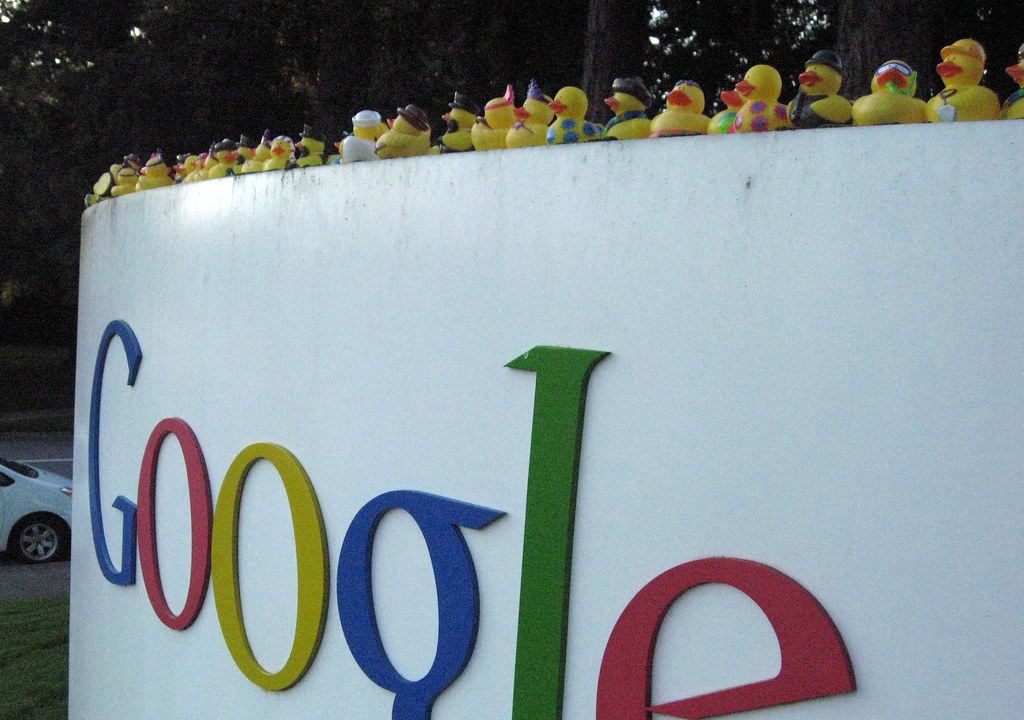
On Thursday, Google unveiled a new AI-powered feature called Web Guide, designed to organize Google Search results more effectively. This feature, part of Google’s Search Labs experiments, uses advanced AI technology to group search results by specific aspects related to the user’s query, providing a clearer and more focused browsing experience.
Search Labs serves as Google’s platform for testing new ideas by allowing users to opt in to various experimental features. Users can enable or disable these experiments at any time. Recent examples include Google’s AI Mode, Notebook LM, Flow (a filmmaking tool), and niche experiments such as audio shows based on news from Google Discover.
How Web Guide Works
Web Guide is a variation of the fan-out technique already used in Google’s AI Mode. Powered by Google’s Gemini AI model, the feature enhances understanding of complex search queries and surfaces relevant web pages that might otherwise be missed with traditional search methods.
Google highlights that Web Guide is particularly useful for open-ended or complex queries such as:
- “How to solo travel in Japan”
- “My family is spread across multiple time zones. What are the best tools for staying connected and maintaining close relationships despite the distance?”
For example, in the solo travel query, Web Guide would cluster search results into groups like comprehensive travel guides, safety advice, personal experiences, and more.
The Web Guide experiment is available for users who opt in and initially reconfigures search results on the Web tab of Google Search. Users retain full control and can easily toggle off the Web View within the tab itself without disabling the entire experiment.
Google plans to expand Web Guide’s availability over time, including integration into the “All” tab and possibly other areas within Search.
What The Author Thinks
Web Guide marks a significant step toward more intuitive and user-centric search experiences. By organizing information into meaningful groups, Google helps users quickly find what they need without sifting through countless unrelated results. This is especially beneficial for complex queries where context matters. However, as with all AI-driven features, transparency in how results are grouped and ranked will be crucial to maintain user trust. Overall, this innovation promises to make search more efficient and accessible.
Featured image credit: Yahoo via Flickr
For more stories like it, click the +Follow button at the top of this page to follow us.
